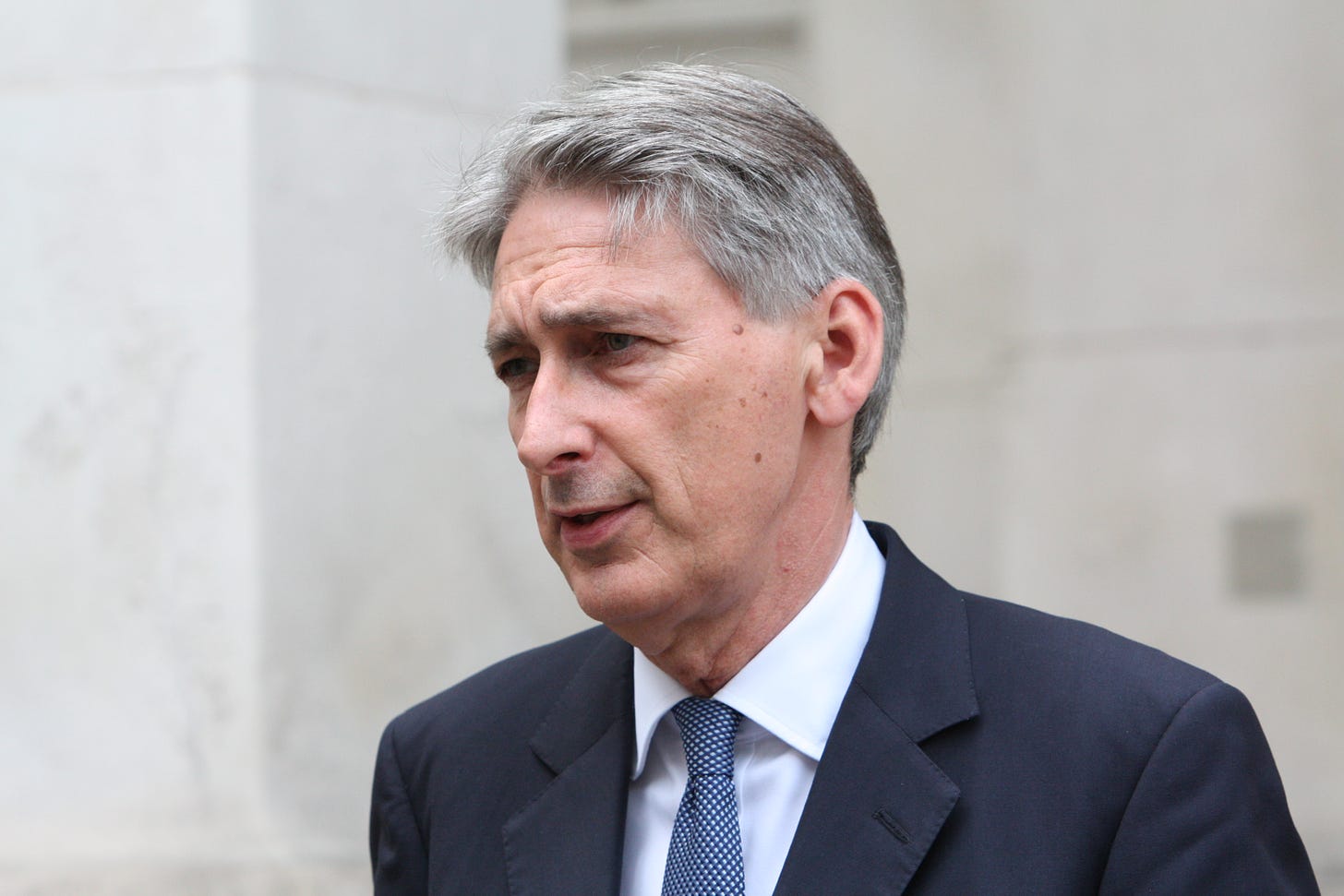What is it about Janan Ganesh?
I'm a Janan fan — but the FT columnist sure divides opinion
Who is your favourite columnist? This is not me fishing for compliments, by the way. I do not even crack my mum’s top three (Daniel Finkelstein, Hugo Rifkind and Giles Coren). These are all excellent choices, to be fair, though I note that none of them have brought her flowers on Mother’s Day.
I have my own favourites, of course. Duncan Robinson on British politics, Sarah O’Connor and Pilita Clark on the world of work, Martin Wolf and David Smith on economics, Martin Samuel on football. So far, so uncontroversial. Thing is, I also really like someone else. A columnist who, shall we say, divides opinion. No, not Simon Jenkins, Adrian Chiles or Julia Hartley-Brewer. Janan Ganesh.
It may be an exaggeration to suggest that Ganesh makes otherwise moderate and sensible people go completely insane, but he certainly arouses a kind of agitation that few columnists can manage. As Anthony Giddens said of his subject: “There is something about sociology that tends to raise hackles which remain undisturbed by most other academic pursuits.”
The criticism is rarely grounded in ideological terms. Ganesh’s views are broadly centrist and shared by many mainstream commentators. He also likes big cities, good wine and social liberalism. It is of course possible to disagree on all three, but those who do tend not to be caught reading the Financial Times or scrolling on Bluesky.
As for me, I just love the way he writes to the point that entire sentences of his get lodged in my brain. Like that time he ascribed former chancellor Philip Hammond’s rise in British politics to the "widespread but baseless hunch that people with little outward charisma must possess great depth by way of cosmic balance." Or his view of Labour’s soft left, that it is “more electable than the hard left but then Mars is more habitable than Neptune: neither planet will host human life anytime soon.”
Is it that Ganesh did, for a time, dabble in the whole ‘nothing changes/really matters’ schtick that the Brexit referendum and election of Donald Trump blew up in the space of a few months? Like any columnist, he has occasionally been proved wrong. But that is part of the game, and still cannot fully explain the sometimes eccentric responses he rouses.
I don’t think it is driven purely by jealousy, though that would at least be something of a proportionate response. Being paid by the FT to write a couple of columns a week on politics and culture is pretty much the dream job, right? Could it be the austerity thing? Ganesh was something of an Osborne whisperer back in the day, but that was the gig. One other criticism I frequently see is words to the effect that he writes the same column every week, which is… demonstrably untrue?
But I’m getting away from the point here, which is the reaction, not the writing. I mean, there is apparently a Janan Ganesh Game, that people claim to irregularly play (and lose) whenever they stumble across an article with his byline on the internet.
I have long concluded that people took against Novak Djokovic not because he was a bad loser — he isn’t. But because he is a bad winner. We all dislike the former, but it is easy to forgive them — especially if you’ve just won! But a bad winner? There is nothing worse.
Consider that Roger Federer was for two decades among the most popular sportspeople on the planet, and he was a terrible loser. Notably, he refused to indulge in false modesty. This is a man who went on record saying, “I am very talented.” Then again, what else was he supposed to say?
Ganesh is self-evidently witty, erudite and always interesting. Lots of people seem to resent the fact that he appears entirely at ease with that characterisation.





I often read him and often gain something from his columns. As a Bluesky-scrolling FT subscriber I'm hardly distant from his world. But he has a sneering tone, a way of looking down on people that don't share his knowing cynicism which is coupled with a laziness over research and facts which means that ultimately I wouldn't miss his work if it wasn't there. I mean, does he *actually* know if Philip Hammond lacks depth? Or is he just a crashing snob with a prickly turn of phrase?